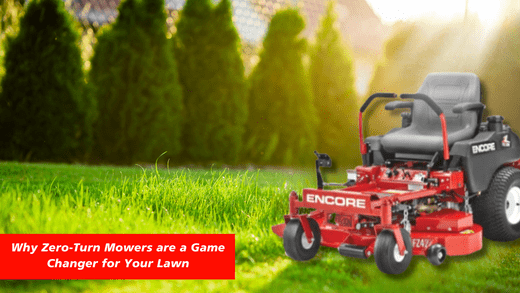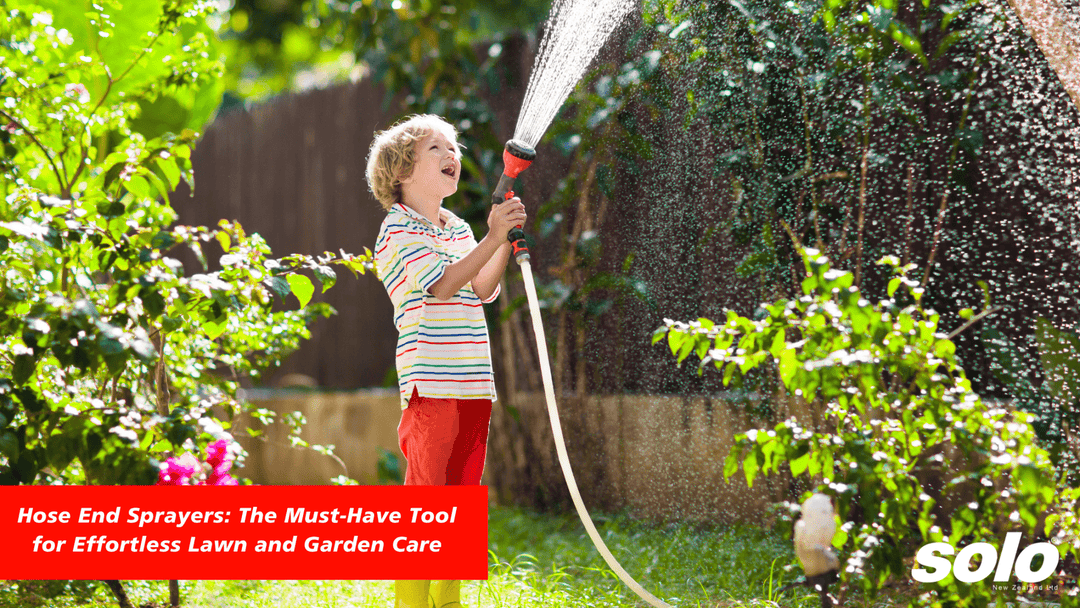7 Tips For An Energy-Efficient Garden
If you notice that your utility bills seem to never go down especially in the summer, your garden may very well be one of the reasons. Maintaining a garden consumes considerable energy and resources. During the scorching summer, frequent watering becomes a necessity to prevent plants from drying out. While the intention is to nurture your garden, inefficient watering practices are quite common. This is just one example of how energy and resources are often wasted in gardens. In this short guide, we'll explore seven energy-efficient practices to managing your garden.
1. Optimise Water Usage
During summer, it’s only natural that you water your plants more often to keep them hydrated. However, you should maximise water usage to the fullest by watering late in the afternoon or early in the morning. This will give your plants and soil enough time to absorb the water instead of being wasted through evaporation. To save water in your garden, we recommend using sprayers instead of a hose to allow you to control the amount of water usage.
2. Apply a Wetting Agent
Applying a soil wetter to all areas of your garden to make the most of water over the warmer months. This will ensure your plants retain as much water as possible, with research showing applying wetter can retain up to five times the normal amount of moisture held in the root zone. This practice alone can reduce water usage by up to 50%.
3. Use Alternative Water Sources
Reduce water usage by taking advantage of free resources, such as rainwater. Installing a water tank is a simple DIY project that even beginners can manage. Additionally, consider using 'greywater,' water from household activities excluding toilets, to irrigate non-edible plants during hot seasons.
4. Choose Drought-Resistant Plants
Opt for drought-tolerant plants to reduce water consumption. These plants require less watering, potentially eliminating the need for tap water if you have a rainwater tank. Drought-tolerant plants also demand minimal maintenance, saving both time and money.
5. Opt for Electric Gardening Equipment
Electric mowers and other electric gardening equipment offer a more energy-efficient alternative to their gas-powered counterparts. While still consuming electricity, they remain cost-effective and environmentally friendly, emitting no carbon monoxide.
6. Adjust Mower Cutting Height
To maintain a lawn in dry weather, don’t cut the lawn too short. During hot summer days, use the higher cutting height on your mower as it offers sufficient shade to the plant roots while eliminating water loss. Furthermore, it helps with weed growth that contains the water competition.
7. Plant Deciduous Shade Trees
Strategically planting deciduous trees can enhance energy efficiency. By shading areas of your home that are sun-drenched, these trees reduce the need for air conditioning during summer. When winter comes, the trees lose their leaves allowing sunlight to penetrate and lessening the load on your heating system.
Running your garden in an energy efficient way doesn’t need to be hard. You can take baby steps by implementing just one of these tips to start with, or go ahead and try them all!




















Leave a comment